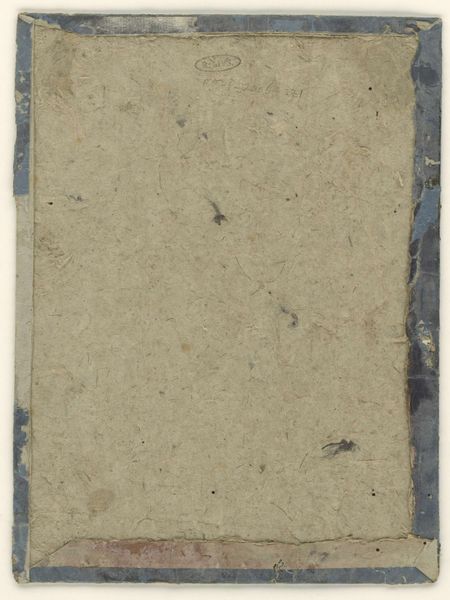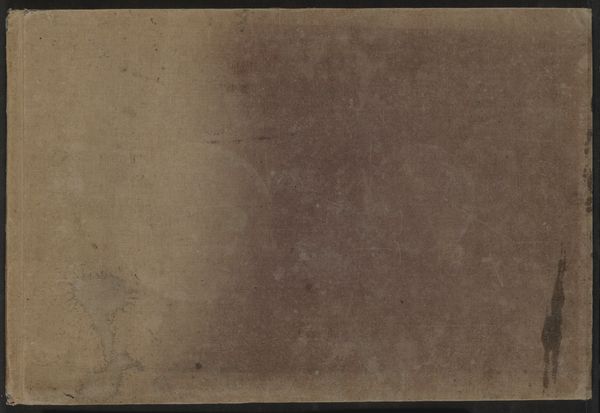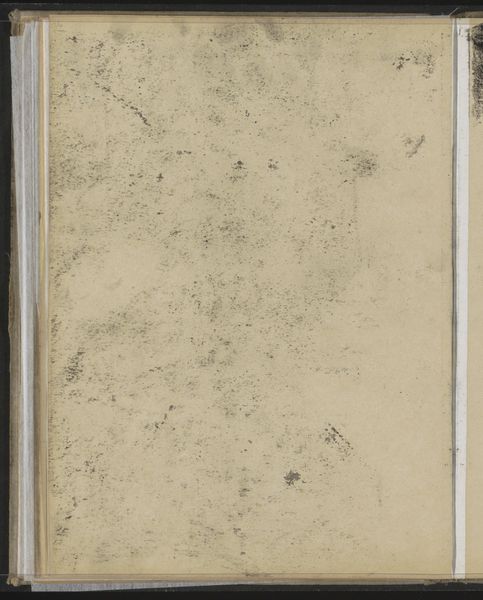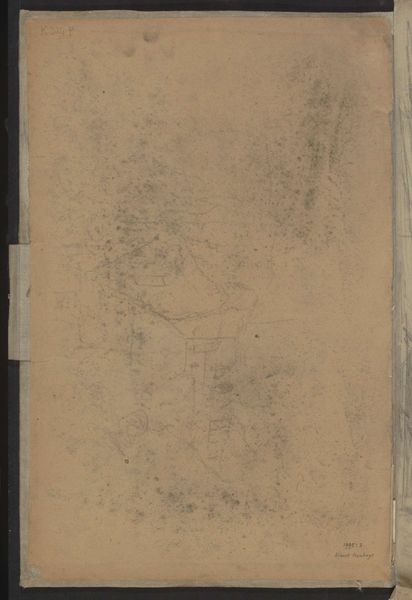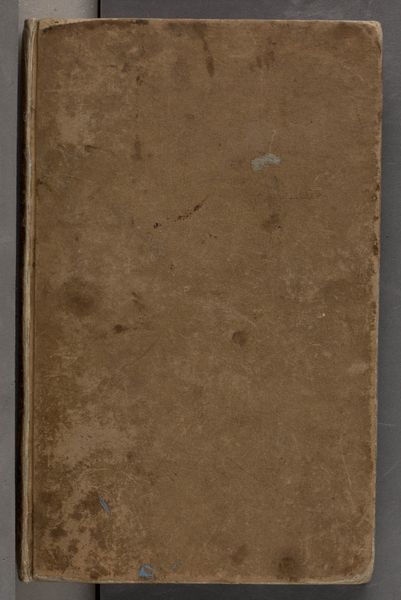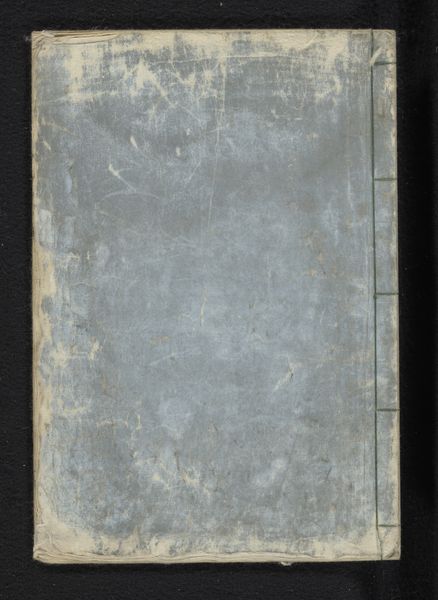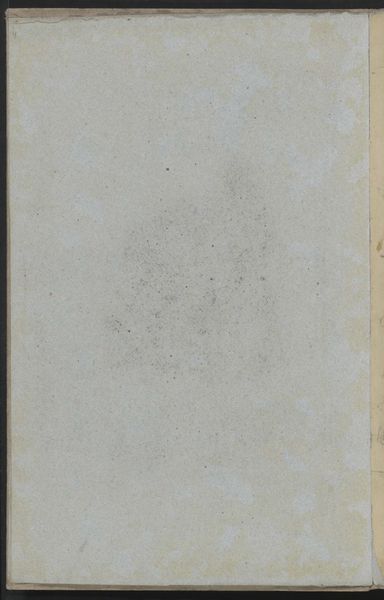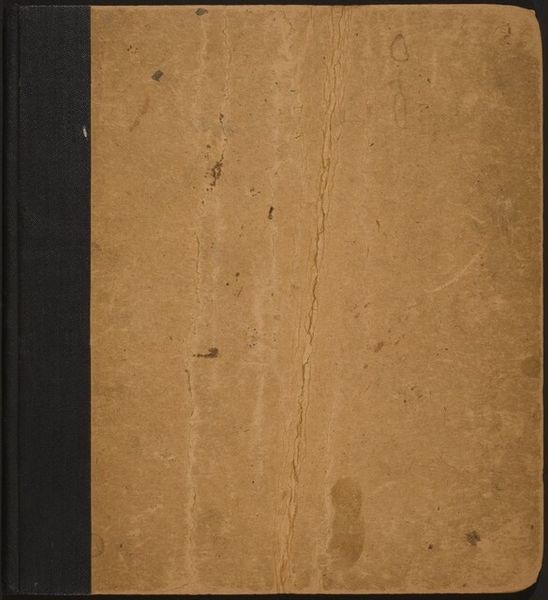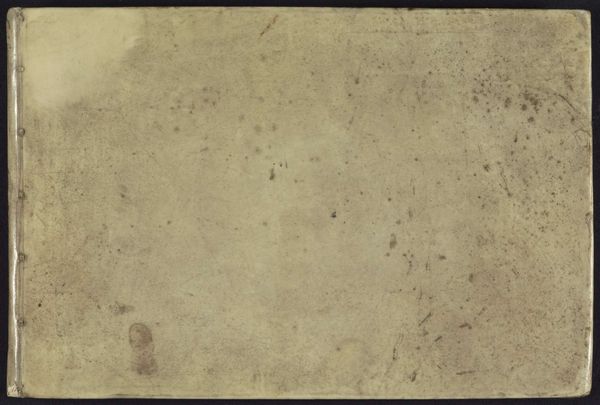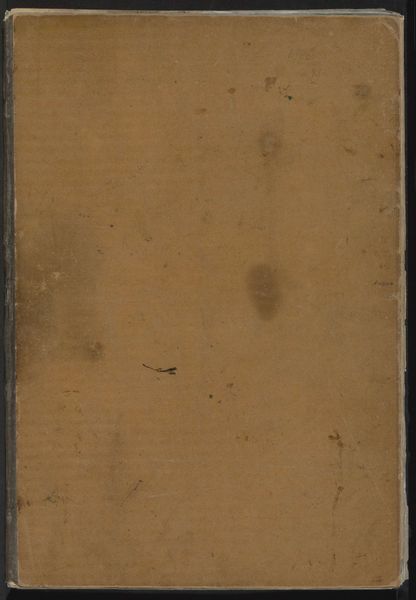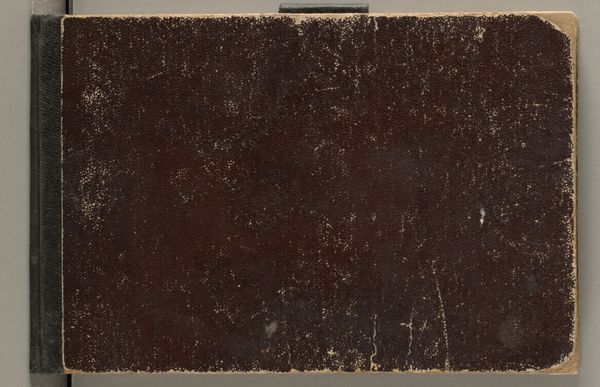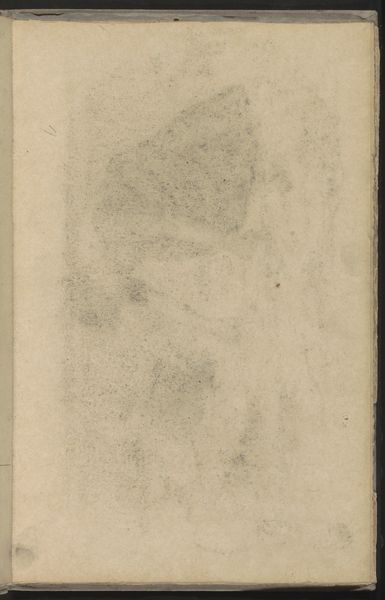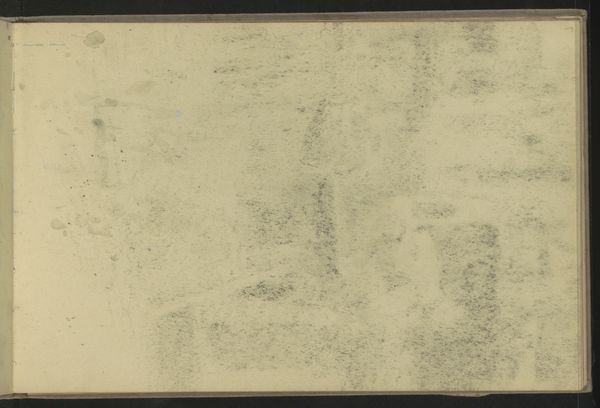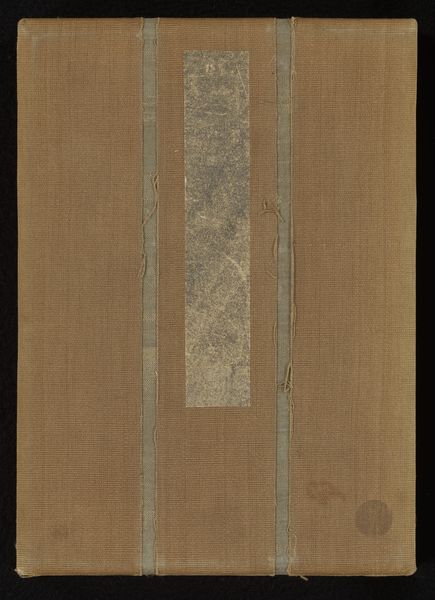
graphic-art, print, textile, paper
#
graphic-art
#
neoclacissism
# print
#
textile
#
paper
Copyright: Rijks Museum: Open Domain
Editor: This is “Reglement voor het Sint Lucas Gilde uit Amsterdam,” made in 1797. It looks like a printed document on paper or textile. It looks…faded and bureaucratic. What do you see in it? Curator: I see a fascinating window into the socio-political landscape of 18th-century Amsterdam, particularly concerning artistic guilds. The Sint Lucas Gilde, or Guild of Saint Luke, regulated artistic production. This document offers insight into who was allowed to participate in the art world and on what terms. Editor: So, it was like a gatekeeper for artists? Curator: Exactly. Regulations such as these directly impacted artists' livelihoods and access to materials, commissions, and recognition. Consider, whose voices were excluded, suppressed, or marginalized? This guild system often privileged certain artistic styles, genders, and socio-economic backgrounds. Editor: I see. Were there tensions between the artists within and outside the Guild? Curator: Undoubtedly. Imagine the power dynamics at play! The Guild's authority created a hierarchy and controlled access, affecting the development of artistic expression and patronage. By 1797, do you think this model of control remained relevant? What would an alternative approach to art making and distribution look like? Editor: Hmm, I guess it provides more freedom, but fewer resources? Thank you. It makes me rethink art beyond just aesthetics. Curator: Precisely! It’s crucial to investigate artworks through socio-historical lenses. These regulations weren't just about art; they reflected broader power structures and societal values that shaped creative production. It's about critically examining whose stories are told and whose are omitted.
Comments
No comments
Be the first to comment and join the conversation on the ultimate creative platform.
